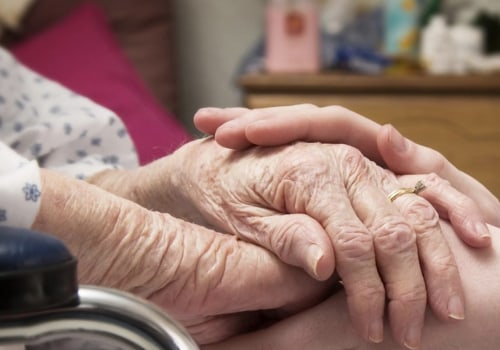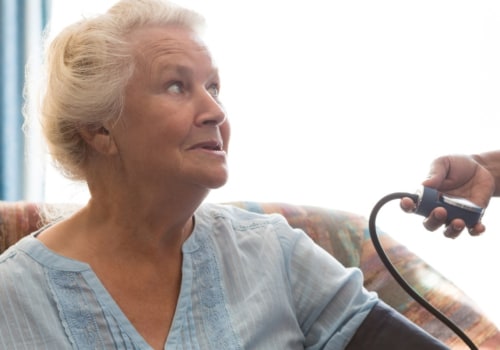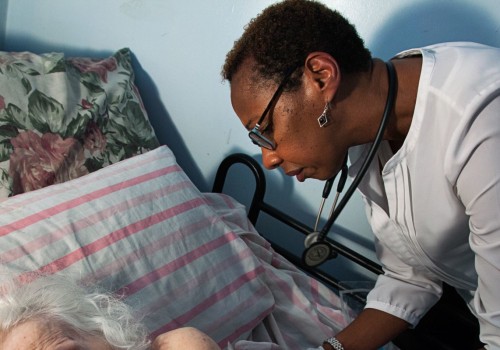Hospice care is for someone with a terminal illness who is expected to have six months or less to live. But hospice care can be provided as long as the person's doctor and palliative care team certify that the condition is still life-limiting. To be eligible for hospice, the patient must be diagnosed with a terminal illness. This happens when treatment is no longer effective or when a patient has decided that they want to focus on quality of life over aggressive treatment plans.
A misconception about hospice care is that care is only for the last days of life. The truth is that hospice patients can receive care for six months or more, depending on the course of their particular illness. Patients benefit from personalized nursing care, medical equipment and supplies related to their terminal illness. Family members receive emotional and spiritual support, continuing education about the disease process and changing care needs, assistance in navigating community resources, and grief support after the death of their loved one.
You can start palliative care at any stage of your illness, even as soon as you get a diagnosis and start treatment. You don't have to wait until your illness has reached an advanced stage or when you are in the last months of life. In fact, the sooner palliative care starts, the better. Anxiety, depression, fatigue, and pain may appear at the beginning of treatment.
Palliative care teams understand the stress you and your family face and can help you cope with it. Alternatively, the patient's own physician may continue to perform this role, in coordination with the hospice team and their care plan. Hospice staff include spiritual and grief counselors who help patients and their families come to terms with death. In the United States, people enrolled in Medicare can receive hospice care if their healthcare provider thinks they have less than six months to live if the disease runs its usual course.
The Medicare hospice benefit covers prescription drugs, visits by medical professionals and nurses, home health aides, short-term hospital care, and grief support for the family after the patient's death. This series aims to debunk these myths and provide an accurate picture of how hospice adds life to the days. Palliative care is specialized medical care for people living with a serious illness, such as cancer or heart failure. Hospice staff are experts in state-of-the-art pain treatments, helping patients feel comfortable with alternatives.
In addition, hospice recipients are more likely to control pain and are less likely to be tested or receive medications they don't need, compared with people who don't use hospice care. Early admission to hospice care gives patients and their families the opportunity to receive the full benefits of hospice care. Hospice care focuses on the care, comfort, and quality of life of a person with a serious illness nearing the end of life. By providing relief for various symptoms, palliative care can help you not only continue your daily life, but also improve your ability to undergo or complete your medical treatments.
As soon as they are admitted to hospice care, the patient will begin receiving visits at their place of residence from a full team of hospice professionals, including a nurse, a hospice aide, a social worker, a chaplain, and volunteers. Ultimately, however, an audience that “has no idea about hospice” is the most serious threat to the long-term survival of hospice in the United States. Palliative care does include the important component of hospice, but it is only part of the broader field. According to the National Hospice and Palliative Care Organization, hospice patients with the most common illnesses leading to death were found to live an average of 29 days longer than non-hospice patients with the same illnesses.
.












